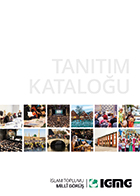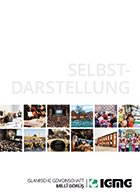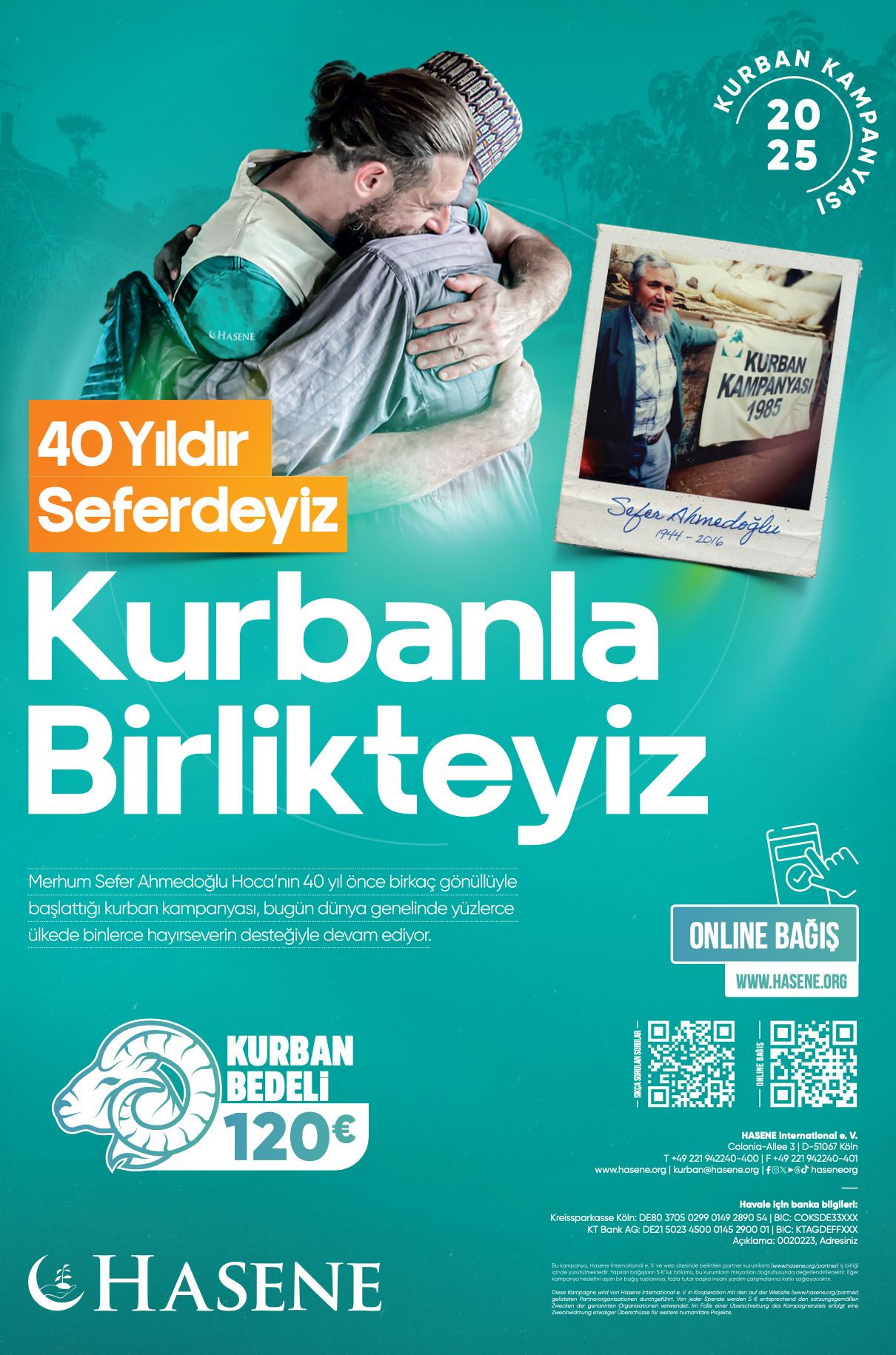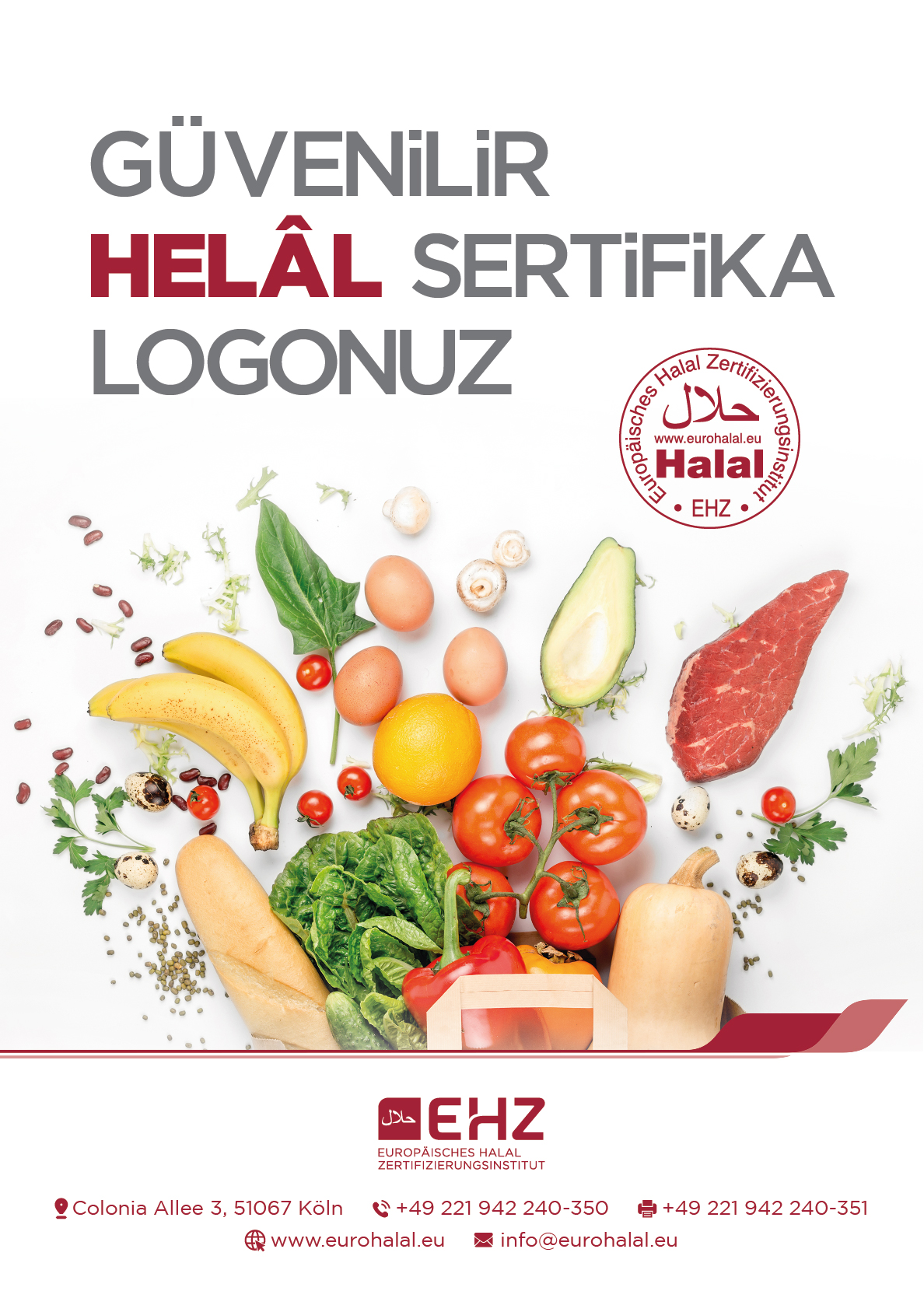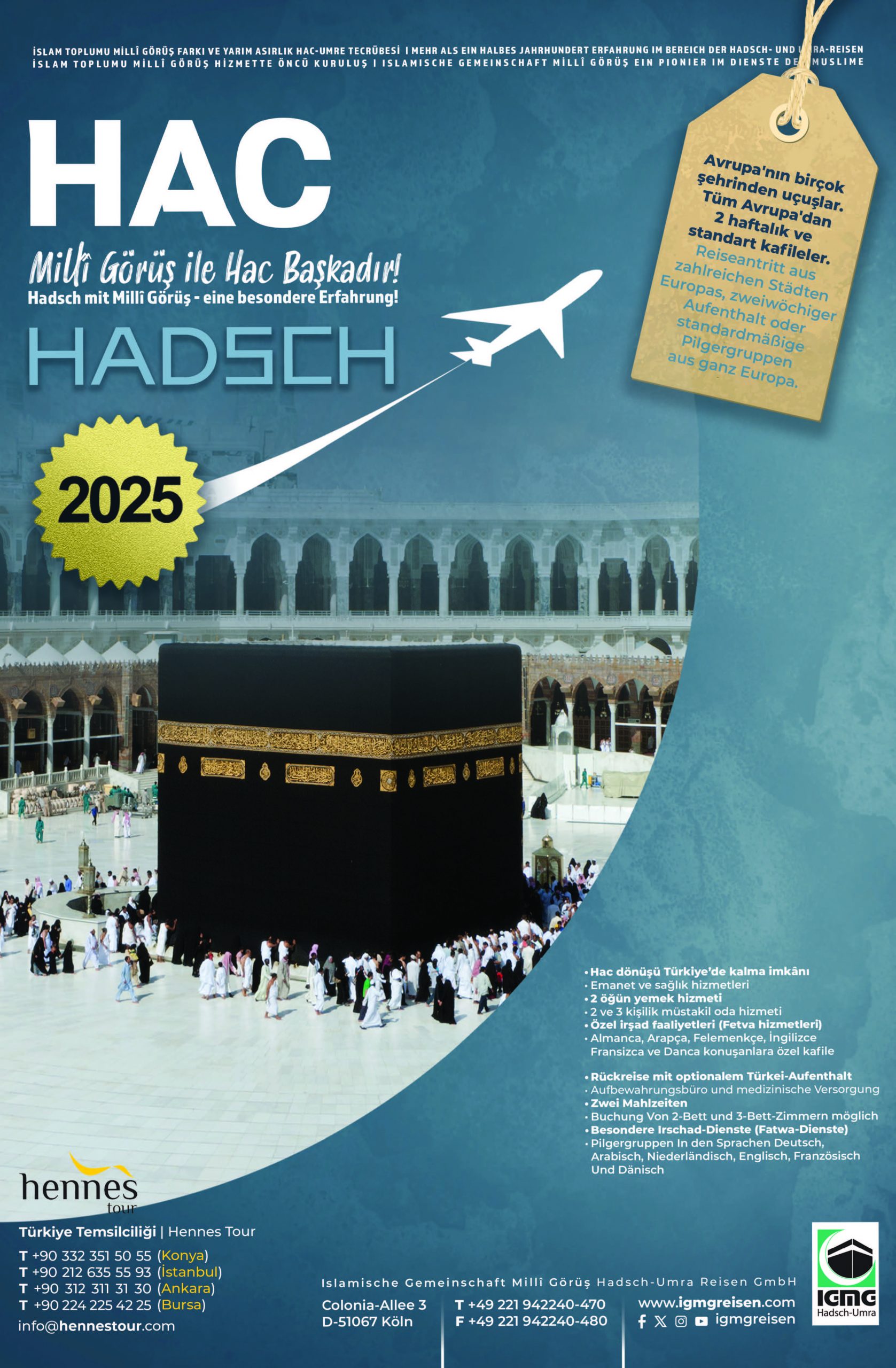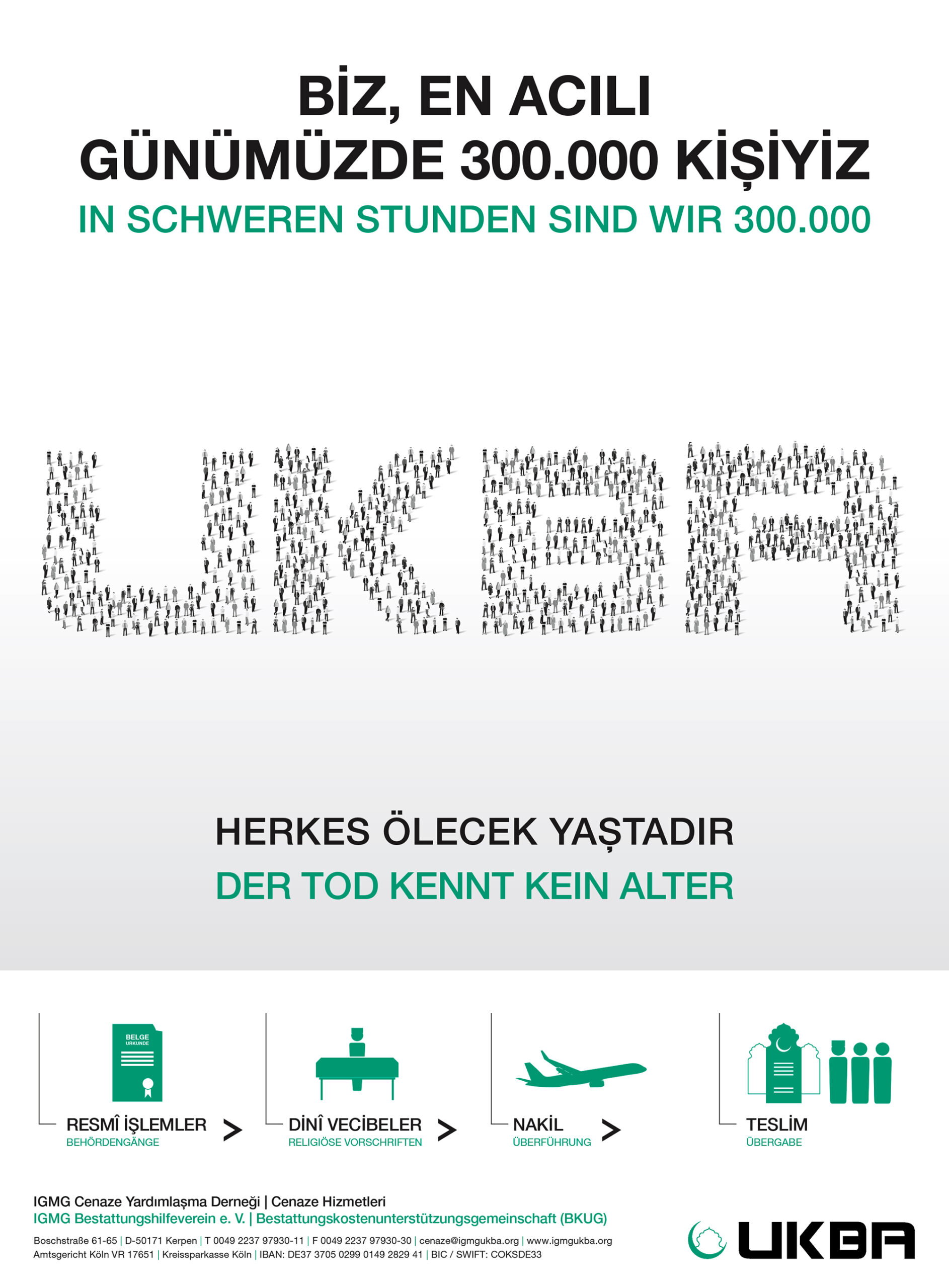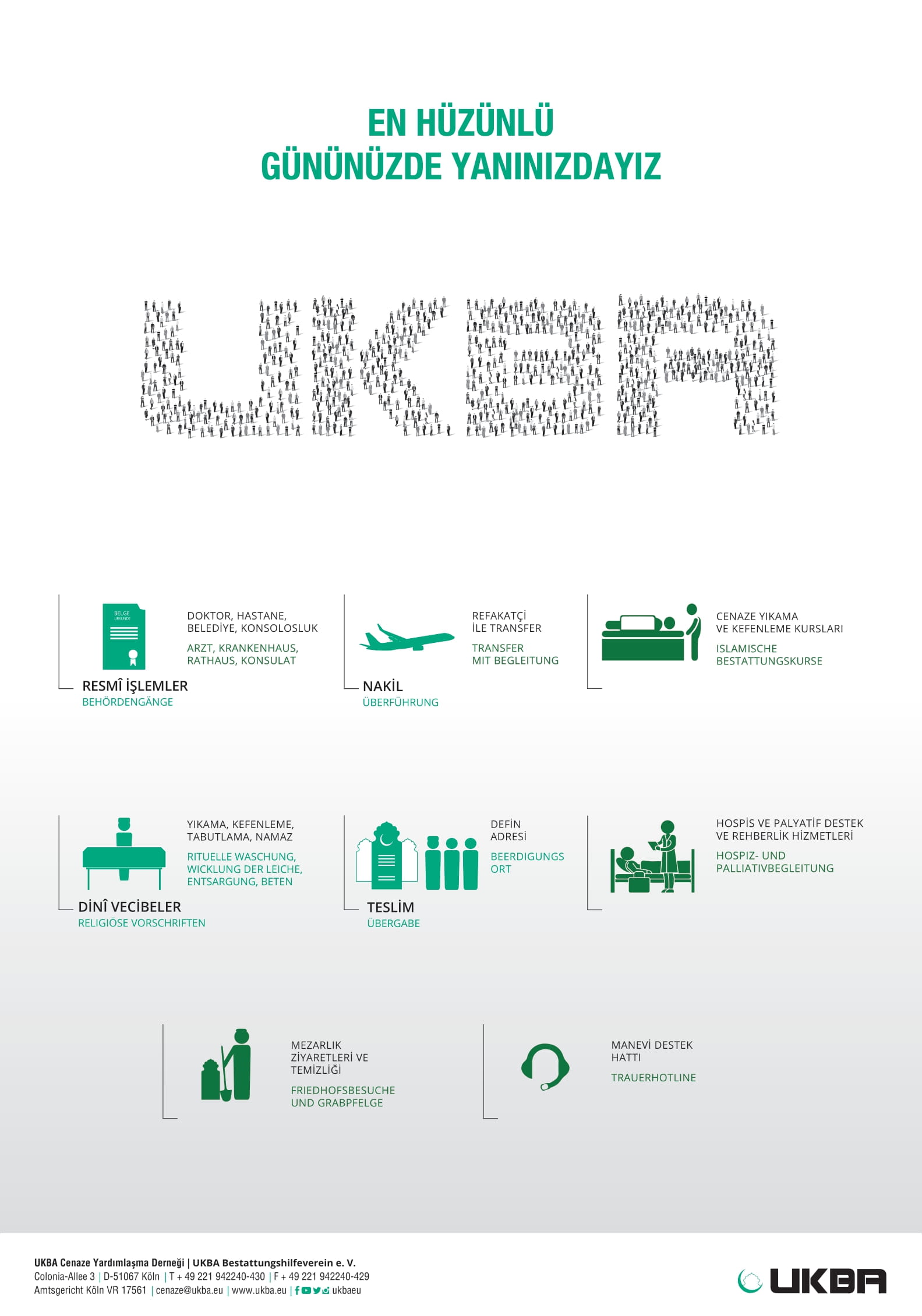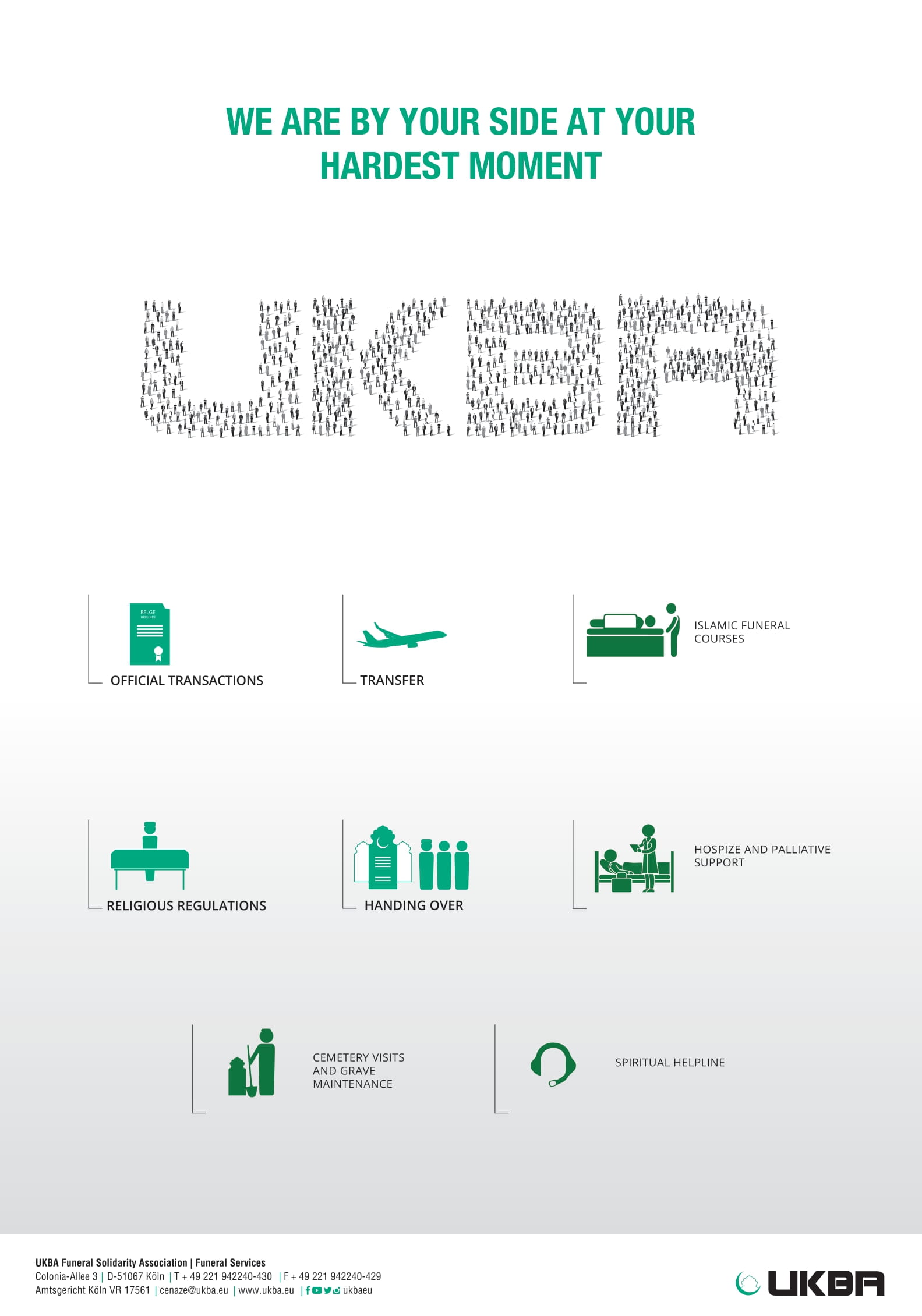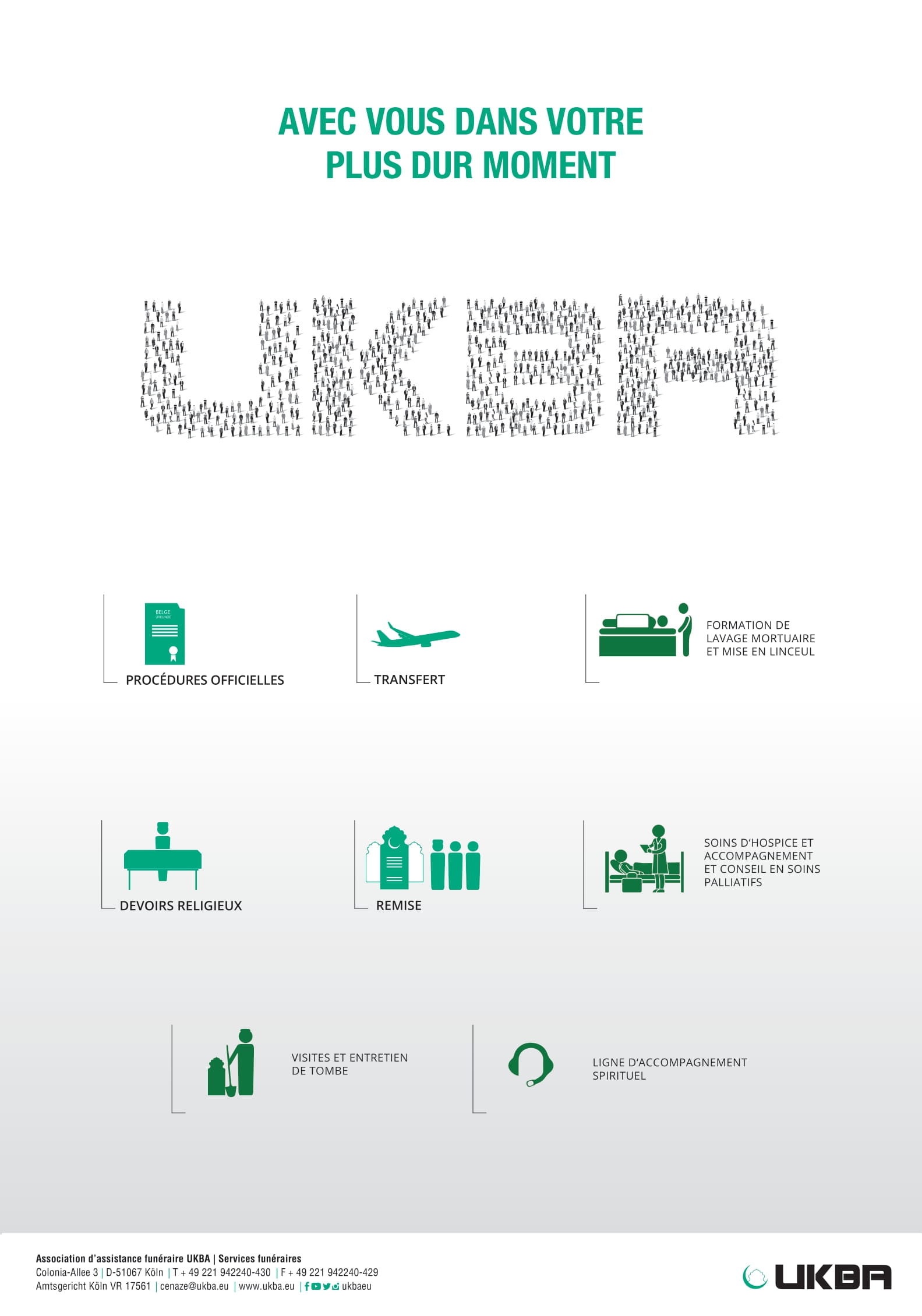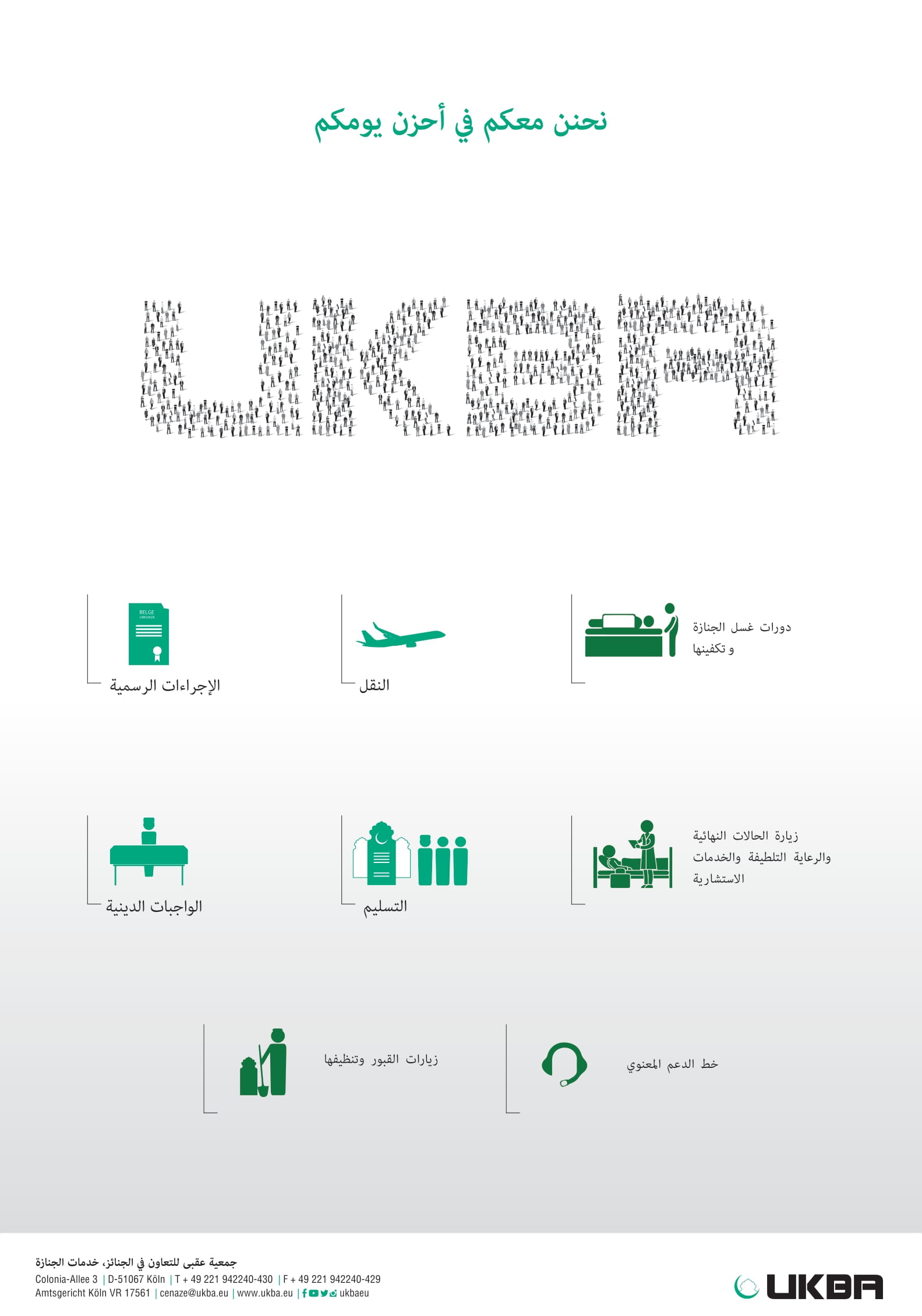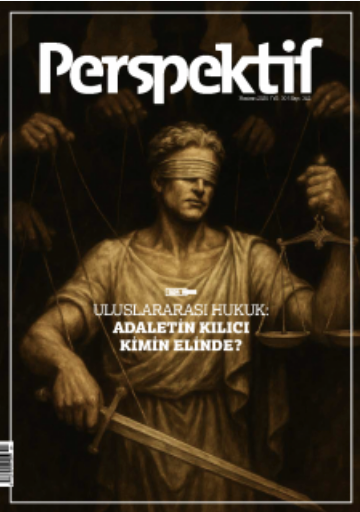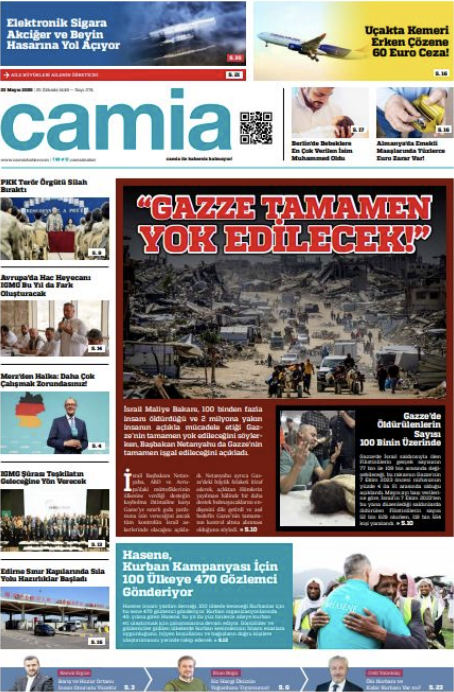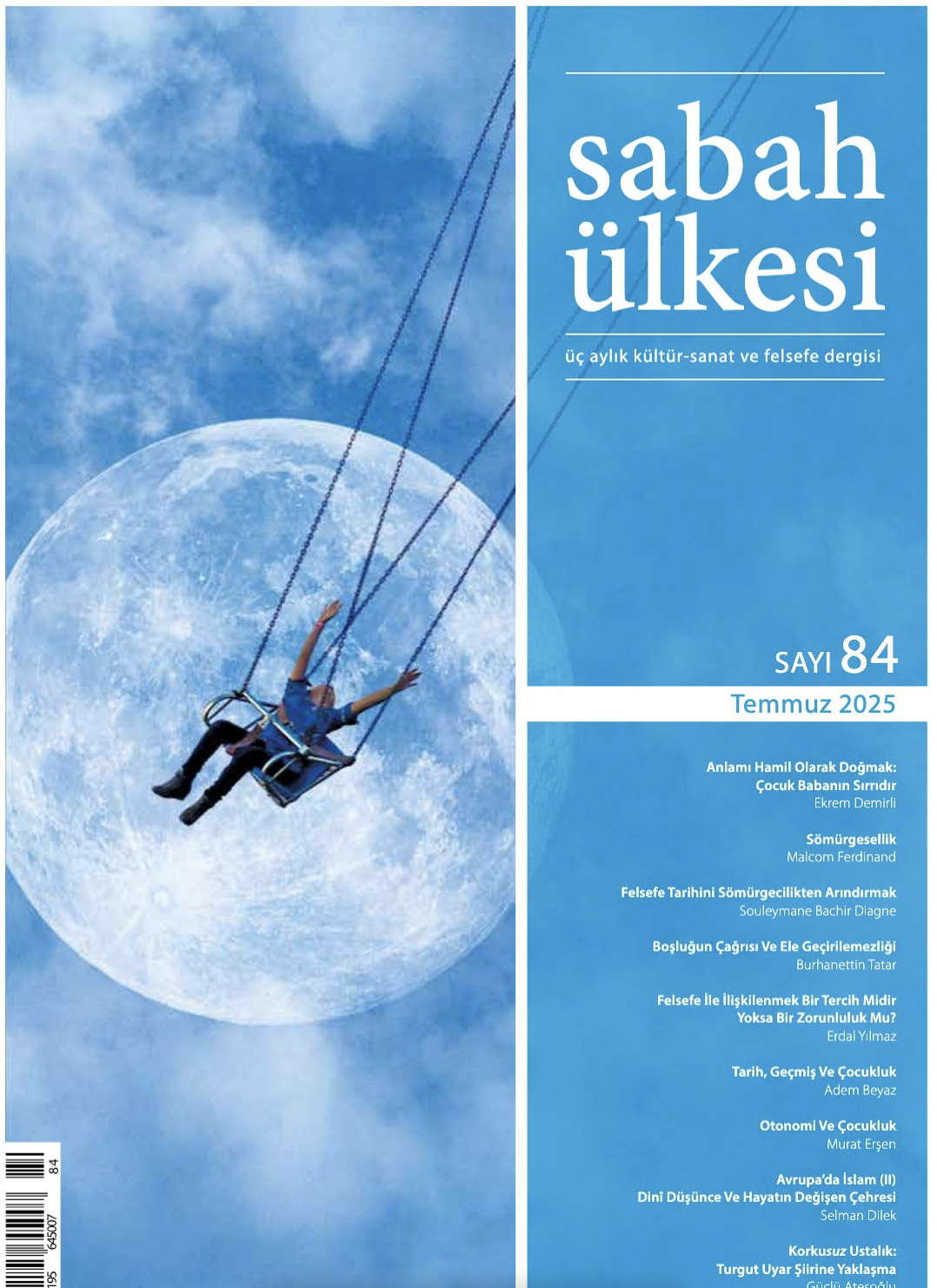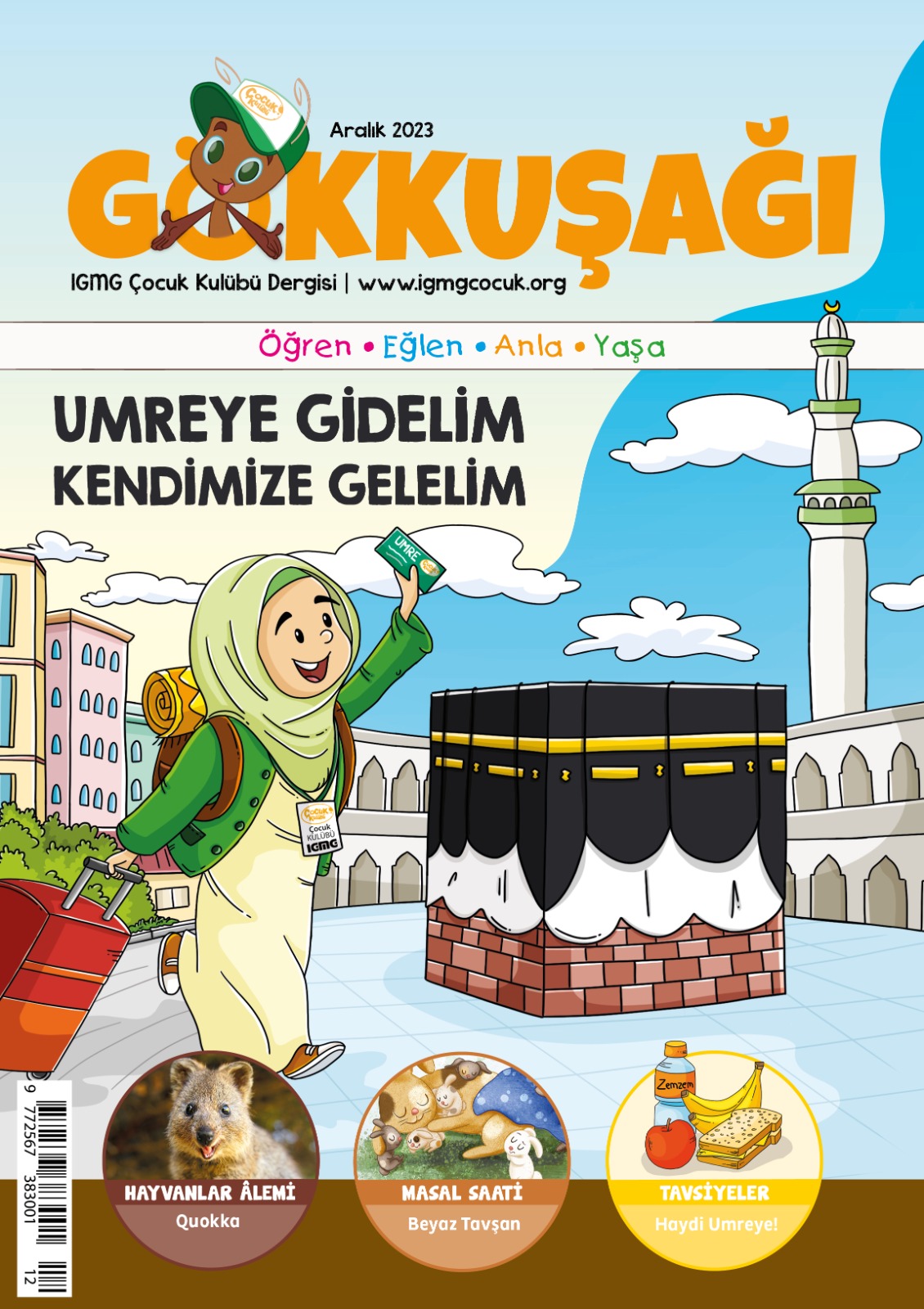Press Release
Coalition agreement offers hope, but there are also question marks
29. November 2021
Bekir Altaş, Secretary General of the Islamic Society Millî Görüş (IGMG), made a statement about the coalition agreement agreed upon by the SPD, the Greens and the FDP after the general elections in Germany. “It is possible to summarize the coalition agreement as ‘light and shadow’. Along with the announcement of many activities to be carried out in a positive way, question marks and ambiguous statements in important areas draw attention.” said Altaş and continued his words as follows:
“Both the light and the shadow of the coalition agreement agreed between the three parties have fallen on the upcoming legislative process. At the same time, question marks attract attention. For example, it is unclear how the coalition will pursue imam education. The previous federal government, acting alone in this area, followed a controversial path in terms of constitutional law and faced losing the trust of the Muslim people. We will still follow the next steps to be taken in this area with great care and will accompany the process in a critical way.
Another point of particular interest is the examination of ‘additions to the legal status of religious communities’. The only criterion in this area may be the principles developed through the constitution and law. We expect state governments to be properly encouraged in this regard. On the other hand, vague expressions formulated in a way that can have many meanings in the coalition agreement also raise question marks. Does this mean ‘continuing in the same way’ with the previous government’s policies towards Muslims? If yes, it means that the policy that was followed before this and that damaged the trust of Muslims will be continued at the expense of millions of Muslims.
There are pleasing developments in the law of residence and citizenship. In particular, the issue of multiple citizenship, which has been delayed for a long time but already exists in practice, has been demanded by the Islamic society for years. It is a noble act to be appreciated that people who once came to Germany as ‘guest workers’ are naturalized under easier conditions and their services are appreciated -even though many people from the said segment will not be able to benefit from this planned arrangement. The same applies to the elimination of the language proficiency requirement before family reunification.
Another aspect that we greatly welcome is the desire to ‘work more on the NSU structure’. This is essential for regaining confidence in the state, its institutions, and especially the security apparatus. It is our greatest desire that the hopes raised by this announcement do not result in another disappointment. The same is true for statements on the fight against the far right. Achieving success in this regard will be a direction-decider for Germany. There are doubts as to whether March 11, as decided the day to commemorate victims of terrorist violence, is the right choice.
The announcement that some improvements will be made in the fields of asylum and adaptation can also be counted among the positive developments. It is commendable that human rights are emphasized and corrections will be made in the field of residence law. Uncertainty continues on refugee policy and the inhumane conditions of refugees waiting at European borders. Statements made on the subject of Islamophobia, on the other hand, need interpretation. The issue of protecting Muslims and Muslim institutions remains unclear compared to their counterparts. While we welcome the appointment of an official on the issues of racism and racism against Romanis in general, we wonder after what kind of situation assessment the issue of anti-Muslim racism was not included in the plans mentioned in the coalition agreement.
The Islamic community will accompany the implementation process of the coalition agreement critically, with great care and constructively. We convey our best wishes for success and luck to the coalition parties.”
